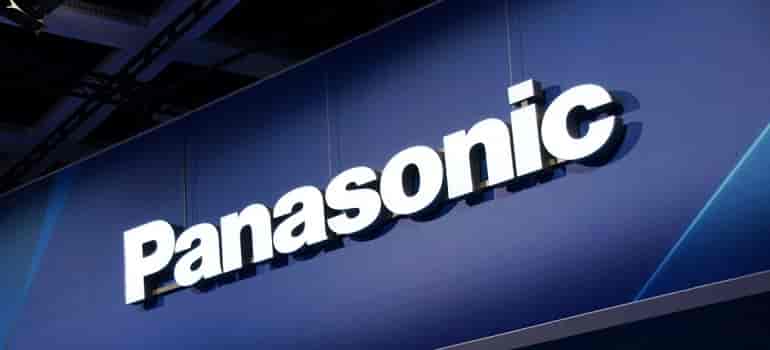 Panasonic is reportedly aiming to develop automotive batteries without using cobalt in the near future amid soaring prices of the key battery ingredient.
Panasonic is reportedly aiming to develop automotive batteries without using cobalt in the near future amid soaring prices of the key battery ingredient.
According to Reuters top battery makers are rushing to reduce cobalt content in lithium-ion batteries as prices of the mineral have multiplied over the recent years and the spread of electric vehicles is expected to result in cobalt shortages eventually.
Kenji Tamura, in-charge of Panasonic’s automotive battery business at a meeting with analysts said “We have already cut down cobalt usage substantially,” reports Reuters. Tamura added “We are aiming to achieve zero usage in the near future, and development is underway”
Exclusive battery cell supplier for Tesla’s Model 3 sedan Panasonic is producing the cells at their joint Gigafactory battery plant in Nevada.
Early this month Tesla announced that the battery cells integrated in Model 3 have registered highest energy density while “significantly reducing cobalt content,” as well as increasing nickel content and still maintaining superior thermal stability. Beside reducing usage of rare mineral content in its batteries, Panasonic is also trying to sign contracts with clients “in a way that allows the company to hedge risks of surging prices of the materials,” said Yoshio Ito, the chief of Panasonic’s automotive business to Reuters.
Panasonic has been working closely with Tesla and preparing to beef up production of battery cells as the U.S. electric car maker aims to boost production of the Model 3 sedan to 5,000 units a week by the end of June.

